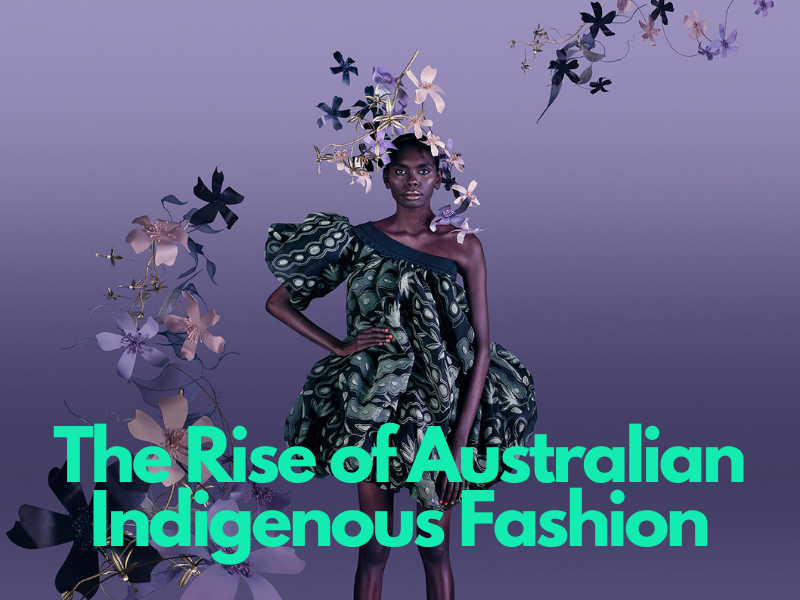Regenerative agriculture and its impact on fashion
What is regenerative agriculture and why is it so important?
Regenerative agriculture has been gaining significant attention globally for its potential to transform the fashion industry.
Sustainable and regenerative farming practices can restore ecosystems, improve soil health, and reduce Co2 emissions. In Australia, a growing number of experts are leading the charge towards sustainable and regenerative farming methods that will positively impact fashion production.
Sourcing materials from regenerative farms can enable fashion brands to reduce their ecological footprint and promote a more sustainable future. Some of the key benefits for adopting regenerative agriculture practices are sequestering carbon, reducing water usage, and reducing the need for synthetic fertilizers.
Regenerative agriculture has the ability to not only shift the dial to farming more sustainably but to regenerate degraded landscapes. Author and
regenerative agriculture advocate Dr. Charles Massey agrees: "By nurturing soil health and embracing biodiversity, farmers can create a positive ripple effect that reaches far beyond their fields. This approach can transform the fashion industry by providing sustainable and ethically-sourced materials."
One of the most exciting impacts of regenerative agriculture is that new fashion supply chains can be created. Fashion brands play a key role in the re-evaluation of traditional farming by supporting regenerative farmers and promoting their products. Says
Clare Press, Sustainable & Ethical Fashion Expert: "By cultivating crops and raising livestock in harmony with nature, we can create raw materials that are not only free from harmful chemicals but also have a positive impact on the environment."
High quality fabrics such as organic cotton, hemp and wool are not only environmentally friendly, but long lasting, increasing the traditional garment lifecycle. These fibres are best produced by farms utilising regenerative practices which has additional benefits of supporting farms to withstand climate change impacts as well as strengthening and developing the natural landscape.
Dr. Vandana Shiva, an environmental and seed sovereignty advocate believes that ‘regenerative agriculture is deeply connected to the principles of biodiversity and seed sovereignty. By encouraging the use of diverse, locally adapted crop varieties, we can preserve traditional knowledge and foster resilient agricultural systems. This approach also ensures that fashion designers have access to unique, locally sourced materials, adding cultural richness and uniqueness to their creations."
As the fashion industry faces increased scrutiny for its environmental impact, regenerative agriculture emerges as a promising solution.










